[ENG]
After arriving at London Bridge station and first admiring the monstrous The Shard, which was overwhelming with its size and brisk steps, we set off to explore London, or rather the northern part of the Southwark district.
The first attraction we "visited" was Borough Market, which is, as advertised in tourist guides, a place where every day you can buy fresh local products such as cheeses, cold meats, fish, seafood, ordinary British fruits, unusual tropical fruits, wines, ciders, simply everything. . Unfortunately, we didn't like this place for 2 reasons. The first and most important thing is the huge crowd in this supermarket. It seemed that two Frenchmen selling French cheese and French wine at a small stall where they had to work on an area of one square meter were in quite comfortable conditions, because on the opposite side of the counter there was a real crowd, where in each square meter there are about 10 people and, like trapped particles, chaotically bouncing around each other, each heading in its own direction. The first thought was only one: "a perfect place for a pickpocket". The feeling of danger was even more intensified by the fact that we had only spent 10 minutes in London and we still felt very unsafe in this strange city. The second reason we didn't like this place is the extremely high prices. I had the impression that doing regular Saturday shopping here, I would easily spend 200 pounds and eat all the purchased products in three days. For this reason, we walked through Borough Market as fast as we could and didn't even take out our camera there, so we don't have any photos from it.
[PL]
Po przyjeździe na stację London Bridge i pierwszym zachwytem nad monstrualnym The Shard, który przytłaczał swoim rozmiarem dziarskim krokiem ruszyliśmy na zwiedzanie Londynu, a właściwie północnej części dzielnicy Southwark.
Pierwszą atrakcja którą „odwiedziliśmy” był Borough Market, czyli tak jak reklamują je przewodniki turystyczne miejsce gdzie codziennie można kupić świeże lokalne wyroby takie jak sery, wędliny, ryby, owoce morza, zwykłe brytyjskie owoce, niezwykłe tropikalne owoce, wina, cydry po prostu wszystko. Niestety, to miejsce nie przypadło nam do gustu z 2 powodów. Pierwszy najważniejszy, to ogromny ścisk panujący w tym markecie. Wydawało się, że dwoje francuzów sprzedających francuski ser i francuskie wino na małym straganie gdzie musieli się uwijać się na powierzchni jednego metra kwadratowego znajdowali się w dość komfortowych warunkach, bo po przeciwnej stronie lady panował prawdziwy ścisk, gdzie na każdym metrze kwadratowym znajduje się z 10 osób i niczym uwięzione cząsteczki chaotycznie obijając się od siebie zmierzają każda w swoim własnym kierunku. Pierwsza myśl była tylko jedna „idealne miejsce dla kieszonkowca”. Uczucie zagrożenia było spotęgowane jeszcze bardziej tym, że w Londynie spędziliśmy dopiero 10 minut i czuliśmy się w tym obcym mieście jeszcze bardzo niepewnie. Drugi powód dla którego to miejsce nie przypadło nam do gustu to niezwykle wysokie ceny. Miałem wrażenie, że robiąc tutaj zwykłe sobotnie zakupy bez problemu wydałbym 200 funtów i wszystkie te zakupione produkty zjadł w trzy dni. Z tego powodu Borough Market przeszliśmy najszybciej jak się tylko dało i nawet nie wyciągnęliśmy w nim aparatu, przez co nie mamy żadnych zdjęć z niego.
[ENG]
To continue exploring Southwark, we headed down the busy Tooley Street. We passed the London Bridge railway station again to buy a breakfast set at the local McDonald's and eat it in peace at another attraction of our first day in London.
Before we reached our destination, we had to squeeze through the narrow More London street between the modern office buildings that are the headquarters of PwC on the right and Ernst & Young on the left. It is interesting that among the mythical big four companies dealing with auditing, three of them have their headquarters in London, and two of them have their headquarters in this place, opposite each other. In fact, this is not surprising, because what could be a more representative place in Europe than More London Street, at the end of which Potters Fields park is located. This tiny public park is bounded by Tooley Street to the south, the Thames to the north, Tower Bridge to the east, and London's City Hall to the west. One could say that there is a tiny flower garden in the very center of the modern world. The name of the park comes from the numerous potters who lived and worked in this area in the 17th and 18th centuries. The Potter's Field cannot be confused with the potter's field, i.e. the burial place of the poor or the mass grave of unknown, unclaimed or poor people.
Potters Fields owes its current shape to a redesign in 2008. This task was entrusted to the famous Dutch gardener Piet Oudolf. His gardens are characterized by the use of perennials and grasses, selected both for their structure and the color of their flowers. There are over 50 species of plants growing in the park, and their selection ensures a visually attractive appearance all year round. In the park, we took a break for breakfast on one of the benches, and as it turned out, it was a great choice, because tame squirrels living in one of the nearby trees eagerly joined us, giving us great pleasure in watching these sweet animals.
[PL]
Na dalsze zwiedzanie Southwark ruszyliśmy ruchliwą ulicą Tooley Street. Ponownie minęliśmy dworzec kolejowy London Bridge, po to aby w tamtejszym McDonald's kupić sobie zestaw śniadaniowy i w spokoju zjeść go w kolejnej atrakcji naszego pierwszego londyńskiego dnia.
Nim dotarliśmy do celu musieliśmy jeszcze przecisnąćc się wąska uliczką More London pomiędzy nowoczesnymi biurowcami będącymi głównymi siedzibami PwC po prawej stronie i Ernst & Young po lewej stronie. To ciekawe, że w owej mitycznej wielkiej czwórki przedsiębiorstw zajmujących się audytem trzy z nich mają swoje mateczniku właśnie w Londynie, a dwie właśnie w tym miejscu naprzeciw siebie. Właściwie nie ma się co temu dziwić, bo czy może być bardziej reprezentatywne miejsce w Europie jak właśnie ulica More London, na której zakończeniu znajduje się park Potters Fields. Ten malutki publiczny park pod południa ograniczony jest ulicą Tooley, od północy Tamizą, od wschodu mostem Tower Bridge, a od zachodu londyńskim ratuszem City Hall. Można by rzec, że malutki ogródek kwietny w samym pępku współczesnego świata. Nazwa parku wywodzi się od licznych garncarzy, którzy żyli i pracowali na tych terenach w XVII i XVIII wieku. Pole Garncarzy nie może być mylone z polem garncarskim, czyli miejscem pochówku biedaków lub grób zbiorowy osób nieznanych, nieodebranych lub ubogich.
Swój obecny kształt Potters Fields zawdzięcza przeprojektowaniu z roku 2008 roku. To zadanie zostało powierzone znanemu holenderskiemu ogrodnikowi Pietowi Oudolfowi. Jego ogrody charakteryzują się wykorzystania bylin i traw, wybranych zarówno ze względu na ich strukturę, jak i kolor kwiatów. Na terenie parku rośnie ponad 50 gatunków roślin a ich dobór zapewnia atrakcyjny wizualnie wygląd przez cały rok. W parku na jednej z ławeczek zrobiliśmy sobie przerwę na śniadanie i jak się okazało był to ekstra wybór, bo oswojone wiewiórki mieszkające na jednym z pobliskich drzew ochoczo dołączyły do nas sprawiając nam niezwykłą przyjemność z oglądania tych słodziutkich zwierzaków.
[ENG]
The second attraction you can admire from Potters Fields Park is London City Hall. Designed in 1999 by Sir Norman Foster and commissioned in 2002, the building was groundbreaking not only at the time of its construction, but also continues to set the standards for modern sustainable design. The shape of the building resembles an egg dug into the ground, but its shape is not a coincidence. This form was achieved through complex computer analyzes optimizing the building's shape in such a way as to minimize overheating resulting from solar radiation and heat loss in winter. City Hall has already become a modern icon of London and is certainly one of the 5 most recognizable buildings in the city, but our impression of admiring City Hall was very disappointing. The glass façade was so dirty that it was even discouraging, and the photovoltaic panels on it produced probably 50% less energy compared to their nominal power. Maybe we were just unlucky and City Hall will soon have its facade washed and will once again be a distinctive building on the Thames.
Unfortunately, on the day we visited Potters Fields, it was changed beyond recognition. Its entire northern part was converted into a fan zone for the Champions League final, which was to take place the next day. I have no idea what this place looks like on a typical day, when there aren't thousands of Real Madrid and Borussia Dortmund fans wandering there. It must probably be a quiet and peaceful park where you can very well get some respite.
[PL]
Drugą atrakcją jaką można podziwiać z Potters Fields Park jest Londyński ratusz. Zaprojektowany w roku 1999 przez sir Normana Fostera i oddany do użytkowania w roku 2002 budynek był przełomowy nie tylko wówczas w momencie budowy, ale również do dzisiaj wyznacza standardy nowoczesnego zrównoważonego projektowania. Budynek przypomina kształtem jajko wkopane w ziemie, ale jego kształt to nie przypadek. Tą forme osiągnięto poprzez skomplikowane analizy komputerowe optymalizujące bryłę budynku w taki sposób, aby zminimalizować przegrzewanie wynikające z promieniowania słonecznego oraz utratę ciepła w porze zimowej. City Hall stał się już współczesną ikoną Londynu i z pewnością jest jednym z 5 najbardziej rozpoznawalnych budynków w mieście, ale nasze wrażenie jakie mieliśmy z podziwiania City Hall były mocno rozczarowujące. Szklana elewacja była tak bardzo zabrudzona, że wręcz odstraszała, a położne na niej panele fotowoltaiczne produkowały pewnie z 50% mniej energii w stosunku do swojej nominalnej mocy. Może po prostu mieliśmy pecha i City Hall już niebawem doczeka się mycia elewacji i znów będzie wyróżniającym się na plus budynkiem znad Tamizy.
Niestety w dniu w którym zwiedzaliśmy Potters Fields został on zmieniony w sposób nie do poznania. Cała jego północna część została przerobiona na strefę kibica na okoliczność finału Ligi Mistrzów, który miał odbyć się kolejnego dnia. Nie mam pojęcia jak wygląda to miejsce w typowy dzień, gdy nie wędrują tam tysiące kibiców Reali Madryt i Borusii Dortmund. Zapewne musi być cichym i spokojnym parkiem, gdzie bardzo dobrze można zaznać chwili wytchnienia.
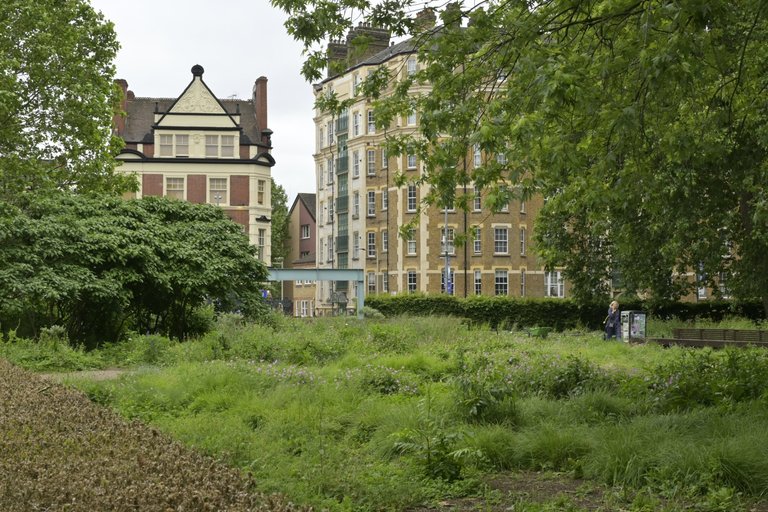
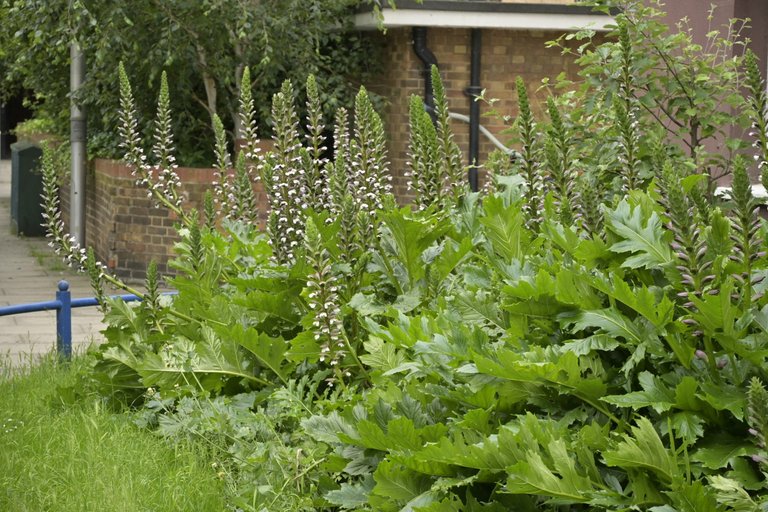
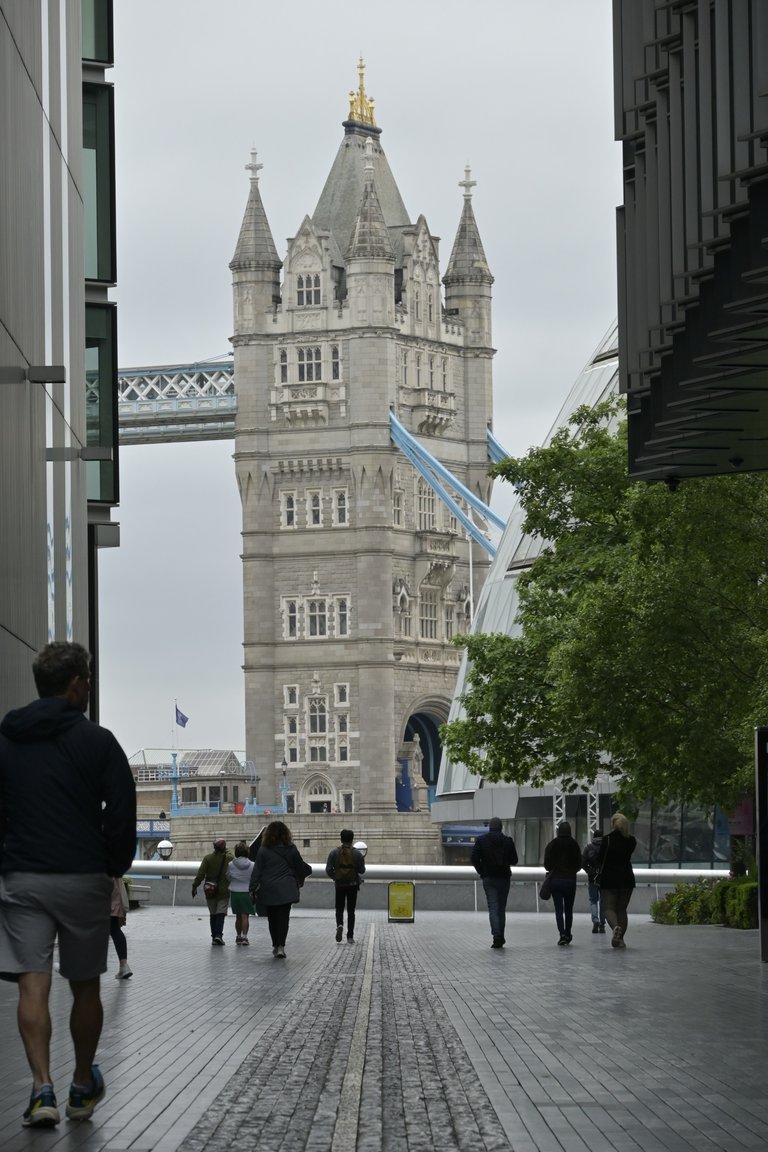
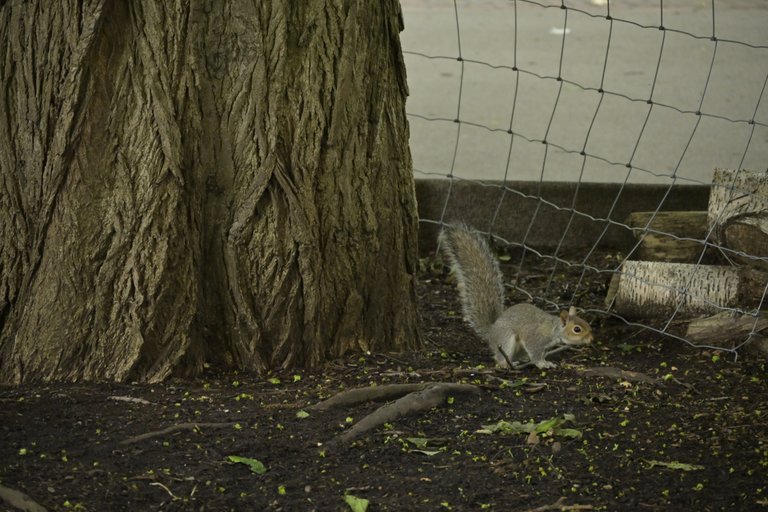
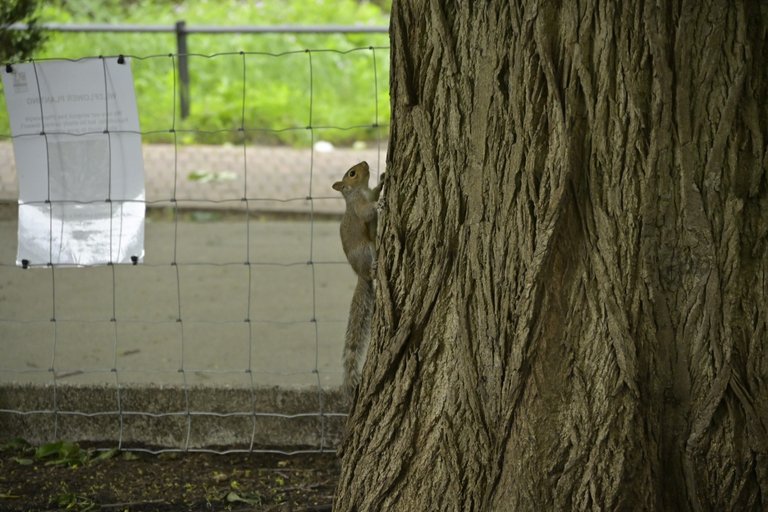
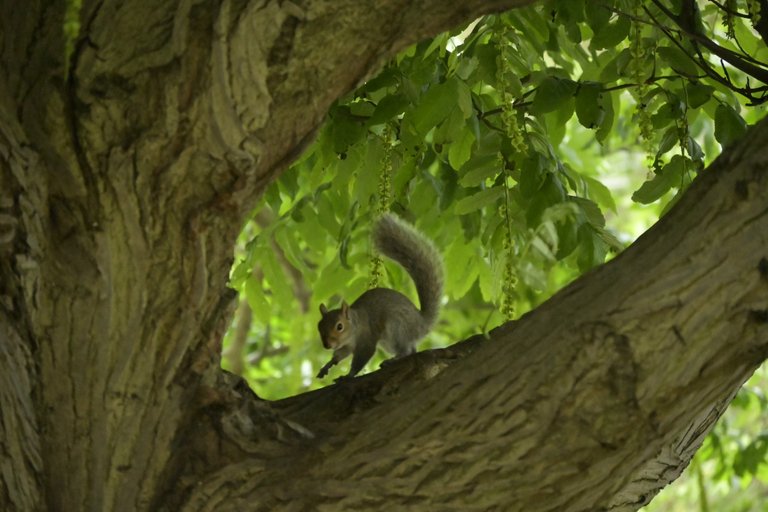
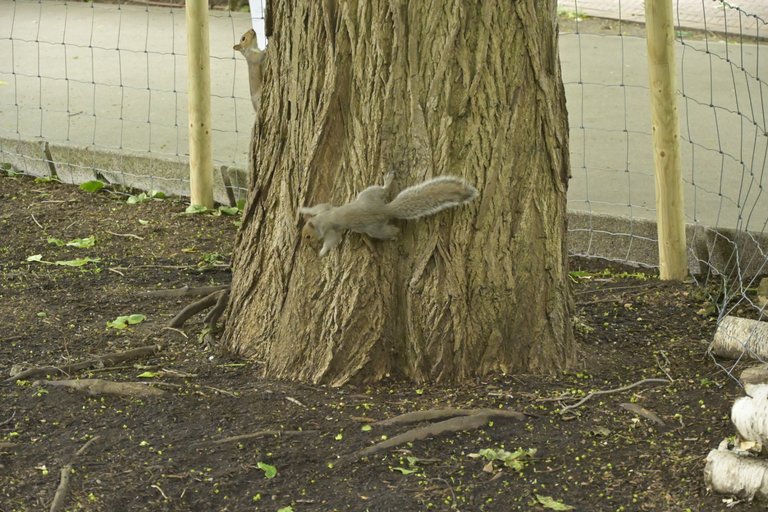
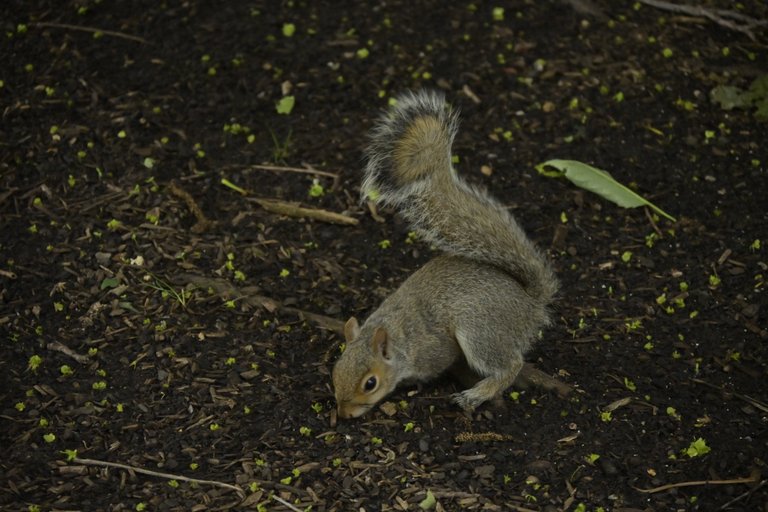
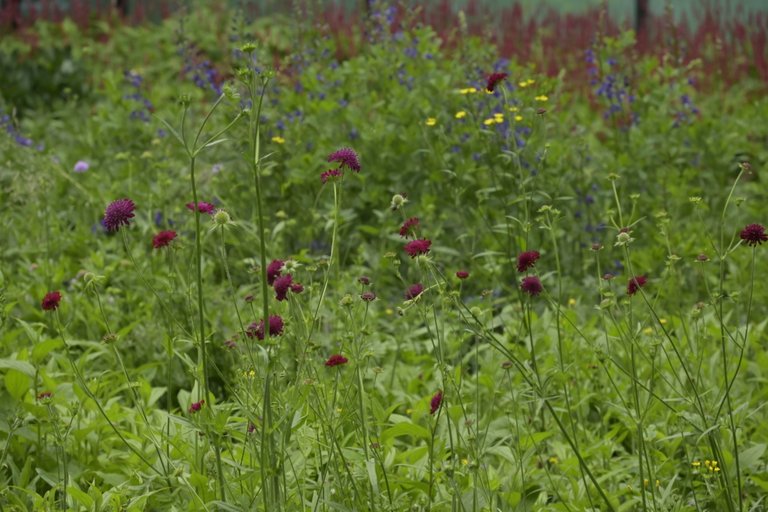
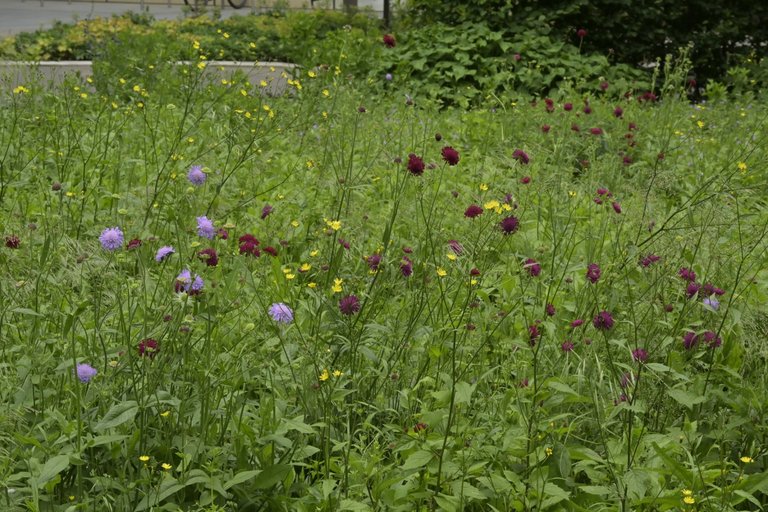
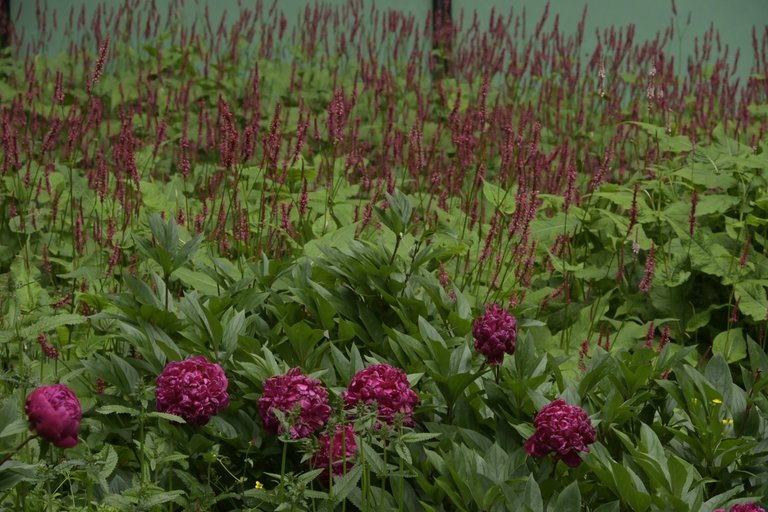
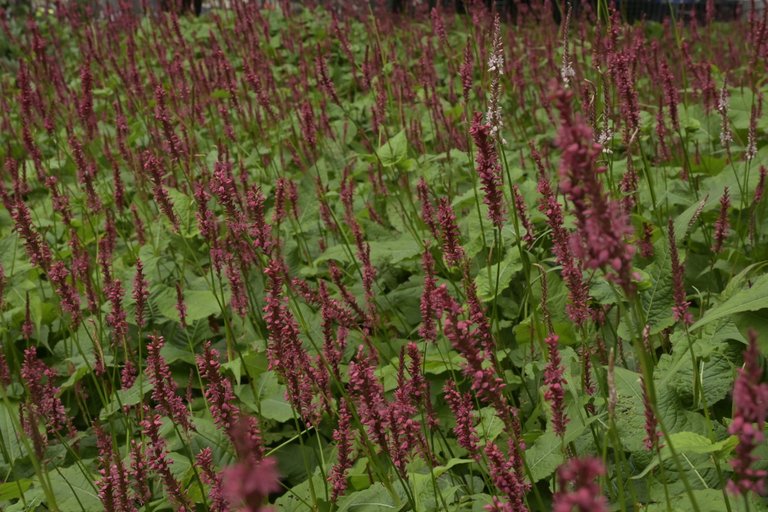
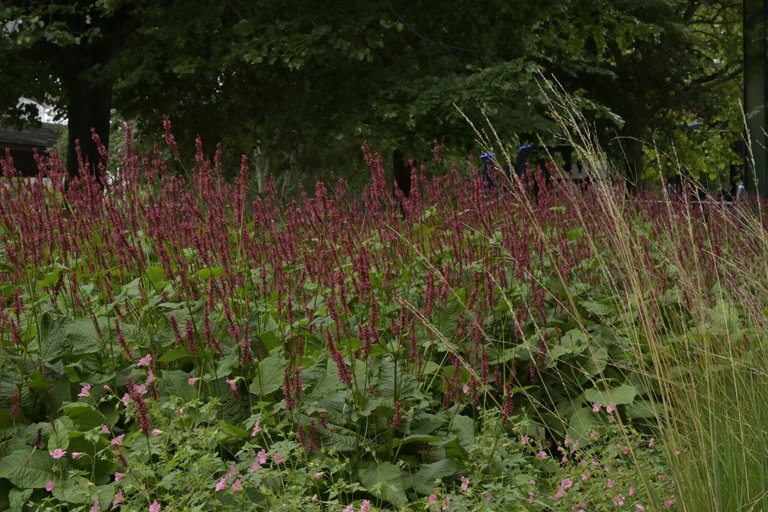
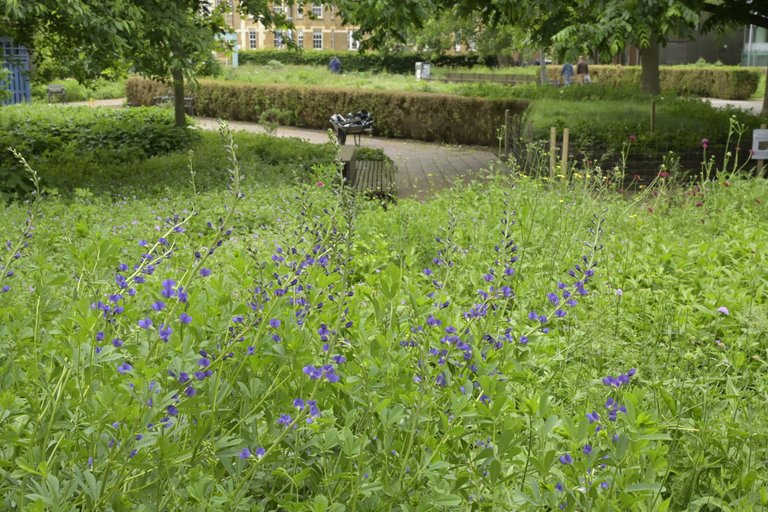
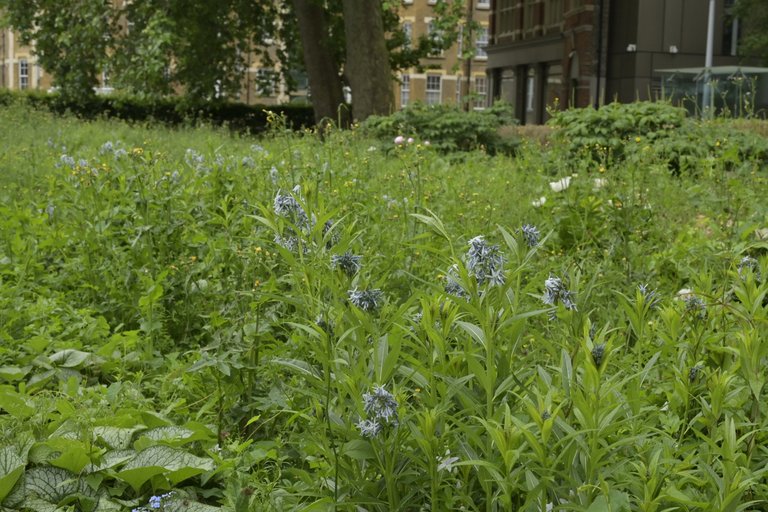
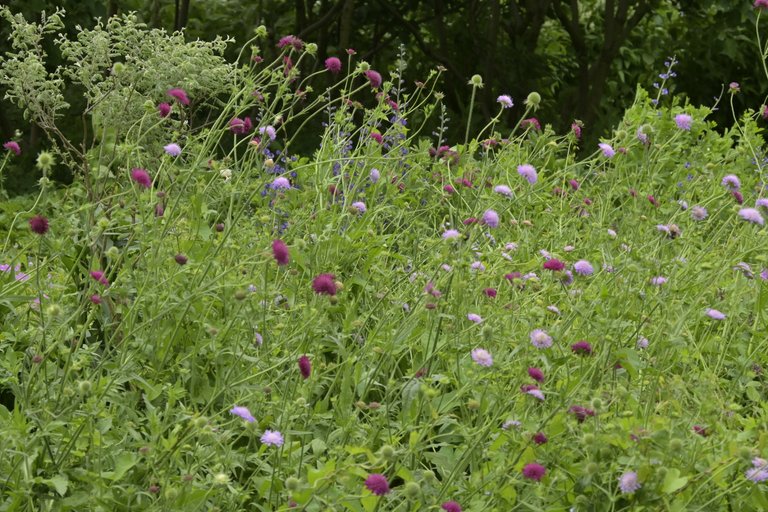
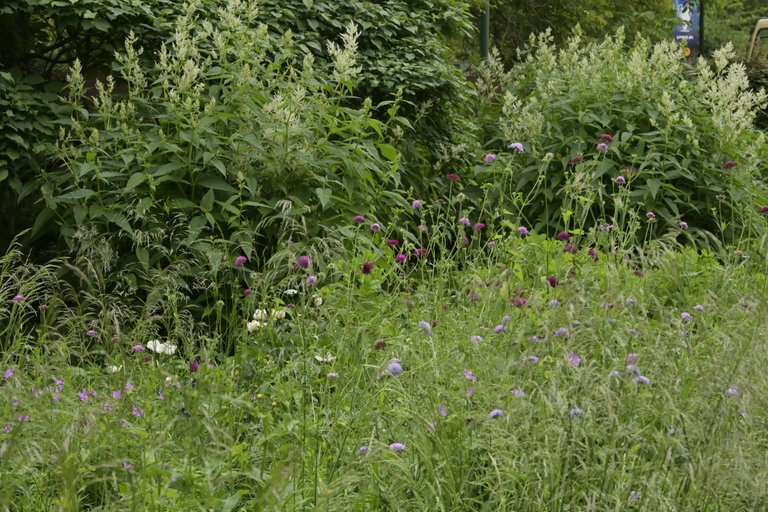
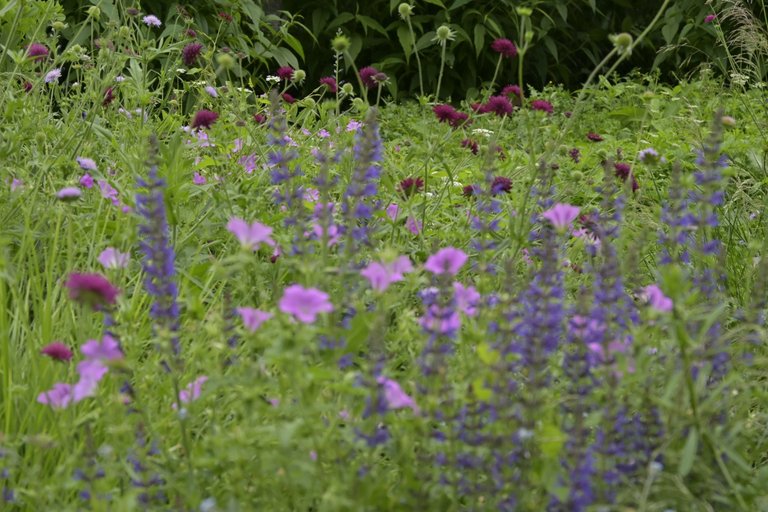
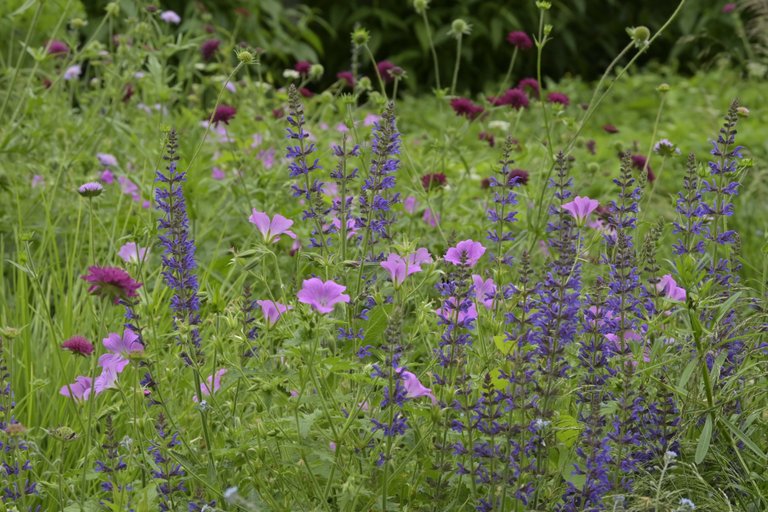
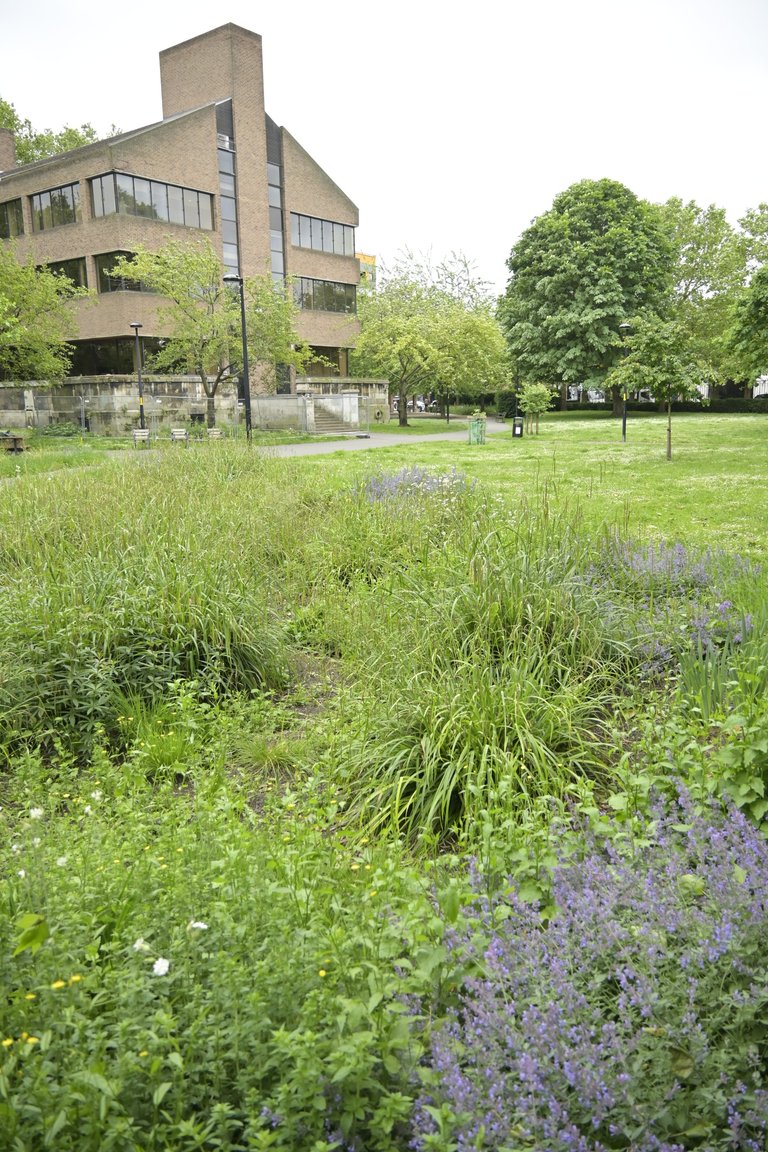
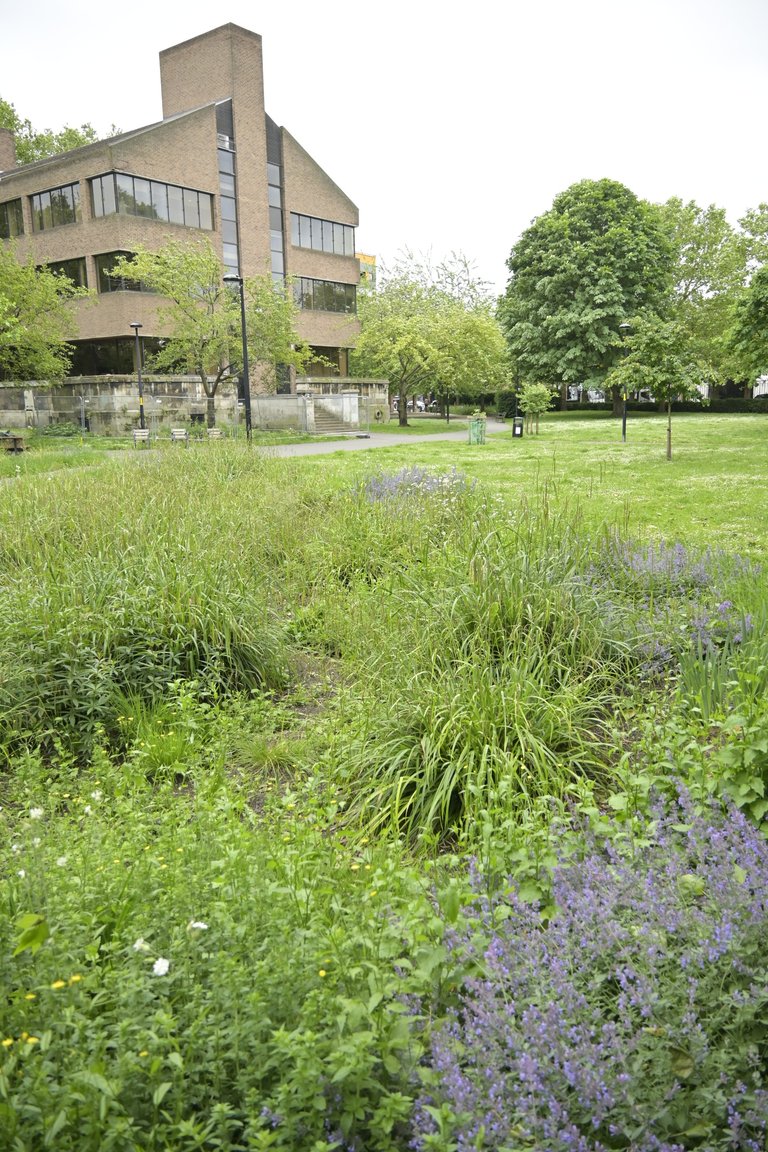
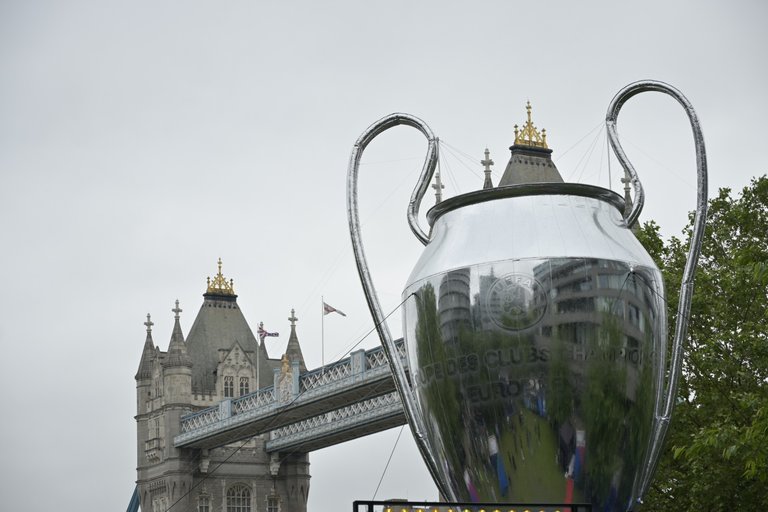
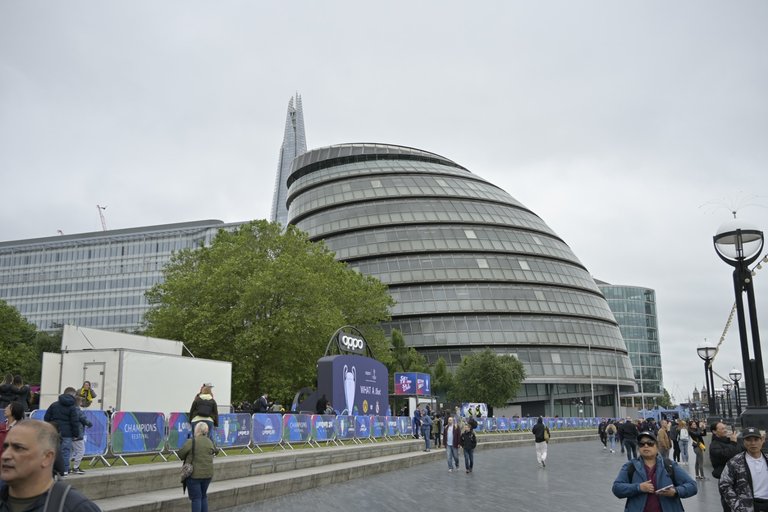
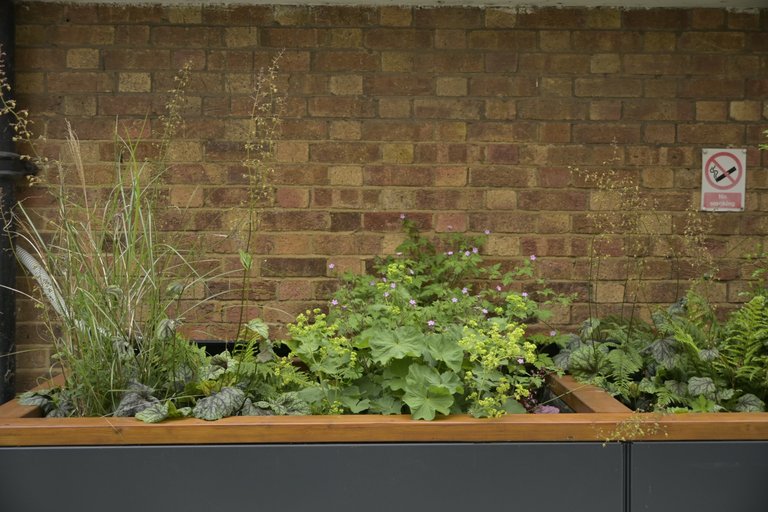
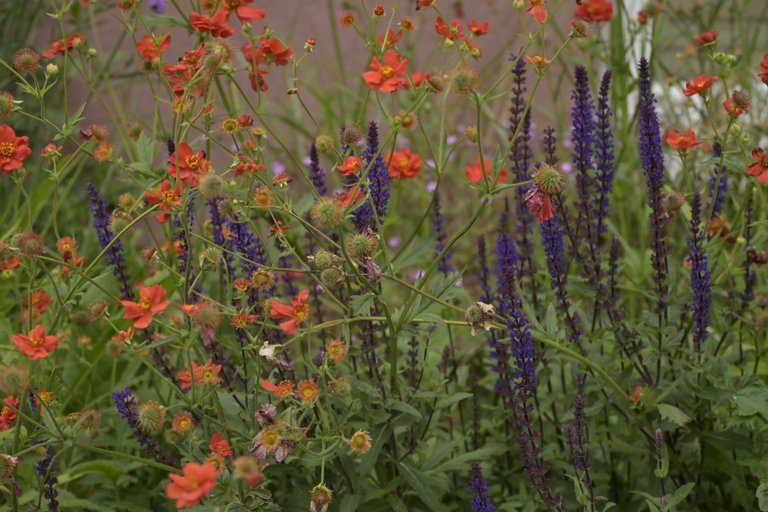
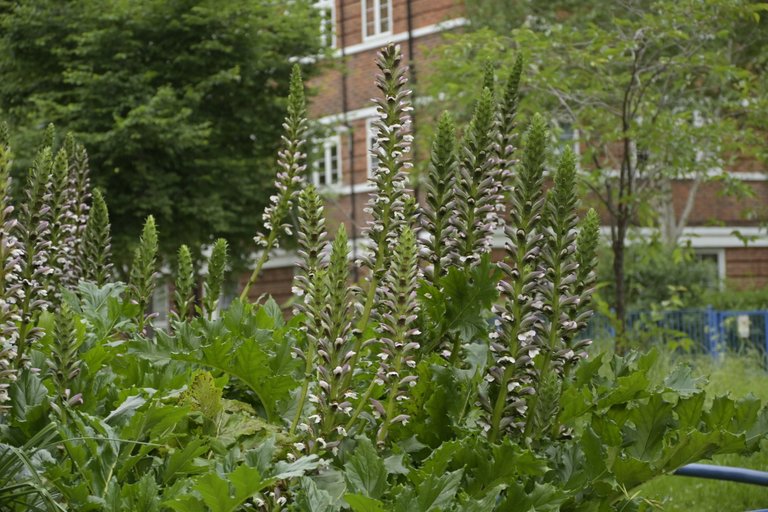
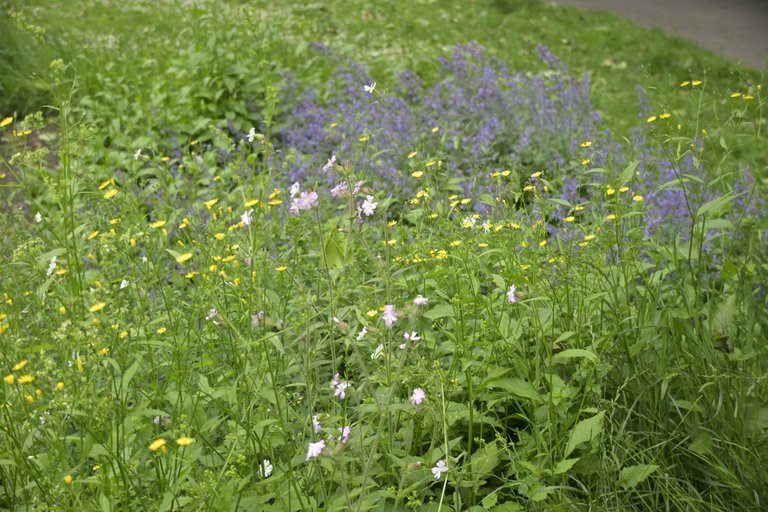
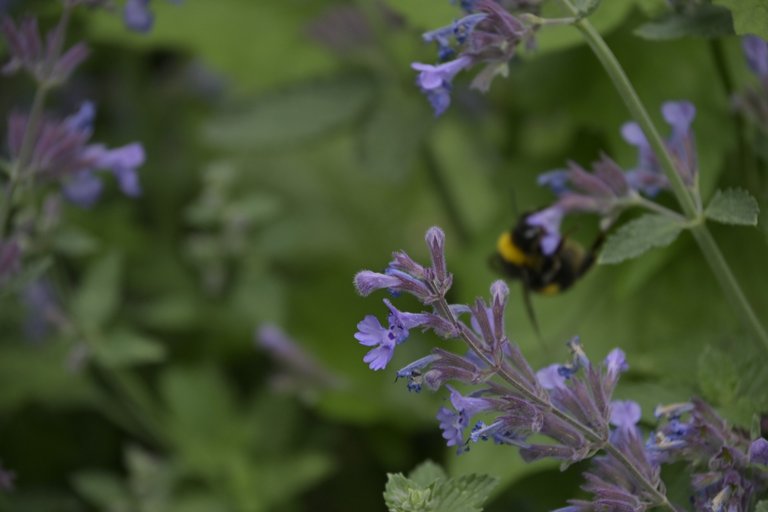
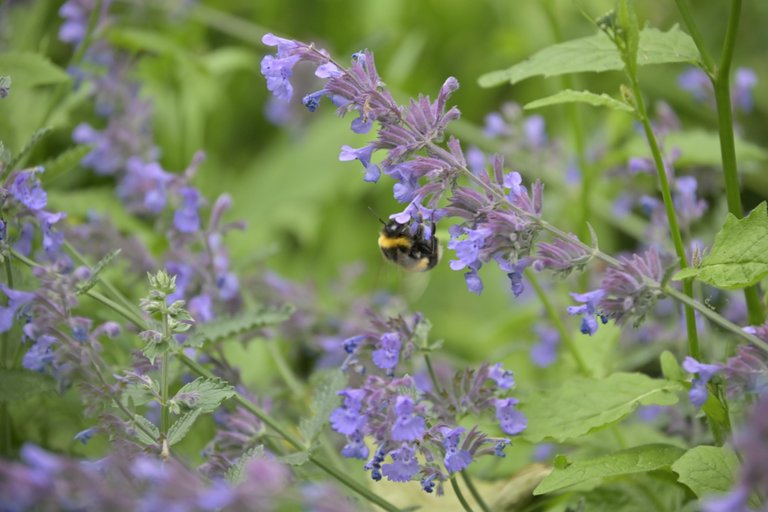
👏 Keep Up the good work on Hive ♦️ 👏
sagarkothari88 to upvote your post ❤️
🙏 Don't forget to Support Back 🙏❤️ @gamingphoto suggested
Congratulations @olusiu! Your post brought a smile to the TravelFeed team so we have sent you a smiley. Keep up the good job. 🙂
Thanks for using TravelFeed!
@for91days (TravelFeed team)
PS: Have you joined our Discord yet? This is where over 1000 members of the TravelFeed come together to chat. Join us!
Congratulations, your post has been added to WorldMapPin! 🎉
Did you know you have your own profile map?
And every post has their own map too!
Want to have your post on the map too?
Hello olusiu!
It's nice to let you know that your article will take 9th place.
Your post is among 15 Bestszejq articles voted 7 days ago by the @hive-lu | King Lucoin Curator by
You receive 🎖 0.7 unique LUBEST tokens as a reward. You can support Lu world and your curator, then he and you will receive 10x more of the winning token. There is a buyout offer waiting for him on the stock exchange. All you need to do is reblog Daily Report 334 with your winnings.
Buy Lu on the Hive-Engine exchange | World of Lu created by szejq (Lucoin) and get paid. With 50 Lu in your wallet, you also become the curator of the @hive-lu which follows your upvote.
STOPor to resume write a wordSTART